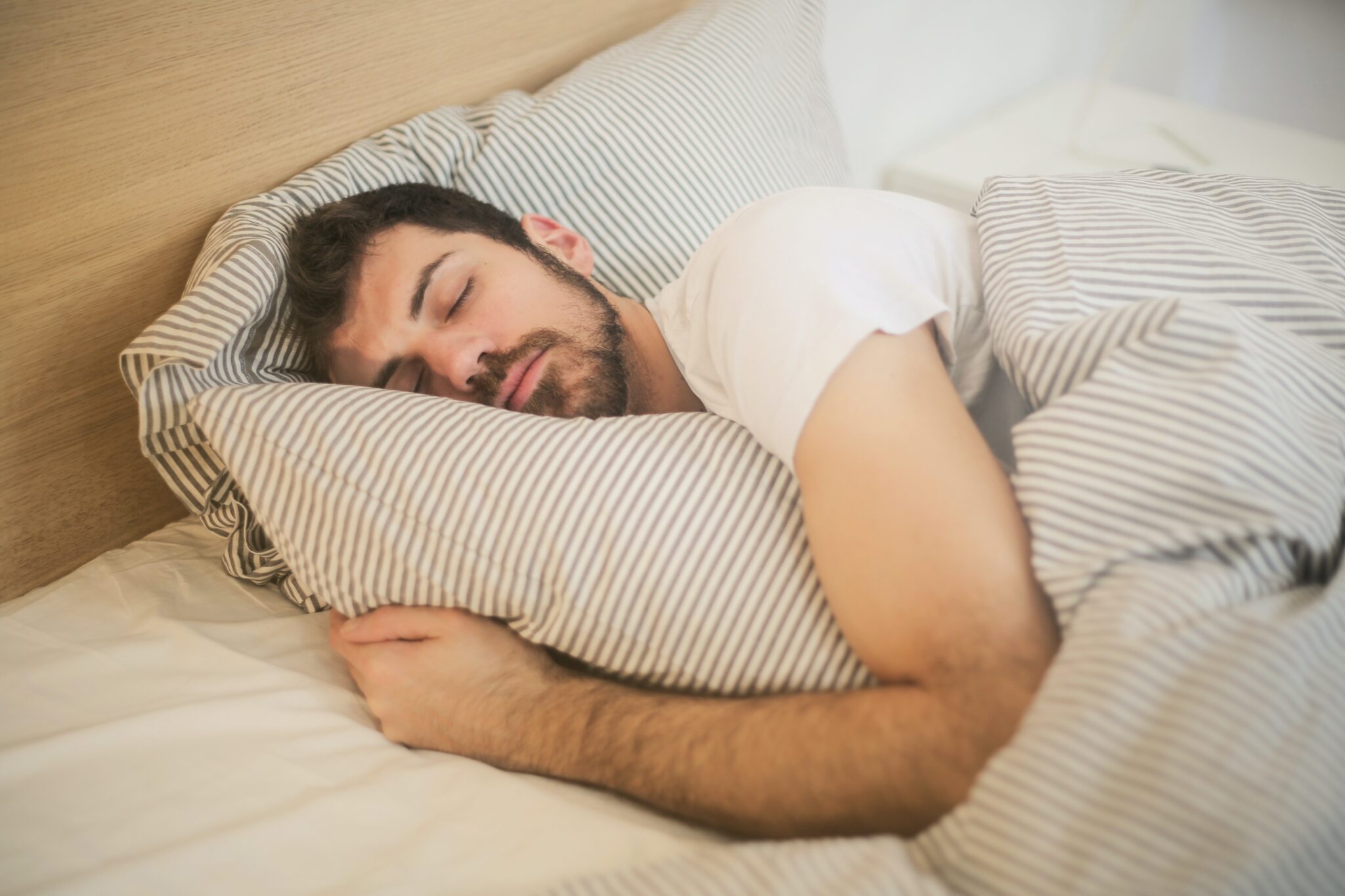Table of Contents
Your Bedtime Routine Matters!
The most over-looked method for recovery is sleep. It’s not the newest recovery tool fad, the secondary nutritional supplement, or the over the counter medication. Nod your head in private in agreement if you plea guilty to any of the vices I’m about to list.
- Do you use your phone at least one hour before you go to sleep?
- Is your phone on your nightstand when you go to sleep?
- Do you go to bed in less than an hour after finishing watching TV?
- Do you routinely eat late night? Was your last consumption of caffeine after 3pm?
If you nodded your head at least once throughout those questions, your bedtime routine could be strongly affecting not only how you sleep but also how you recover from physiological and psychological stress. I’m going to cover a few key points and offer recommendations I think nearly everyone can make to improve their recovery for their bedtime routine.
The way that blue light affects us is unreal.
It throws off our circadian rhythm, or our natural sleep cycle, because of their wave lengths: great during the daytime, bad at night. Exposure to blue light lowers melatonin levels, which help aid a person going to sleep.
A Harvard research study has shown that when compared to exposure to green light, blue light surpassed melatonin up to twice as long and extended rhythms by up to twice as much. This comes from all forms: your smartphone, laptop, and tv. While entertaining, it doesn’t put us into the correct pathway we need to slow down for our bedtime routine.
If you’re a fan of eating late, big surprise: not good for your recovery either.
The old myth that your metabolism shuts down over night isn’t really the case. Your weight gain can be a combined factor of extra calories at night, a reduced sleep period, and your gut hormones tricking your brain to wakeup. Your gut is trying to digest these foods at night and your brain is trying to figure out what is going on. The end result is your bedtime routine being disturbed or moments where you temporarily exit from REM sleep.
Your timing for caffeine can also provide a window for your to understand how efficient your sleep and recovery is.
Research conducted in 2013 looking at different windows of caffeine consumption told an interesting story. Participants were given 400mg (think two grande Starbucks ice coffees) at 0,3, or 6 hours before bedtime. They found that even at six hours before bedtime, participants had disturbed sleep times. Granted that’s a heavy kick of caffeine, but with most pre-workouts in the range of 300-500mg, and caffeine’s half life extending over hours between two cups of coffee through the day, you can see how caffeine can influence your sleep.
Alright I get it, so what can I do?
- Start by having a fixed bedtime routine you go to each night.
- Turn your phone to bedtime mode (notifications are silenced), place it either on the other corner of the room or in a different room altogether.
- Try to minimize blue light exposure from other sources (computer or tv) at least two hours beforehand.
- Don’t snack late -have a decent dinner that is at least 3 hours before you go to sleep.
- Add in a bit of light stretching, for at least 5-10 minutes, with no music playing.
- Limit your caffeine consumption and have your last cup or pre-workout before 3pm.
- Practice mindful breathing. Take 6-8 seconds for an inhale, hold for the same time, and exhale out the same time frame. Focus on your breaths as you lie in bed.
- Adjust your room temperature. It’s recommended to have a room temperature between 65 to 72 degrees.
If you can follow those guidelines for your bedtime routine nearly to a tee, you’ll start feeling more mentally refreshed and physically recovered than the day before. If you’re training with me as a client, you’ll hear exactly the same sentiment during our initial consultation and first few batches of sessions.

